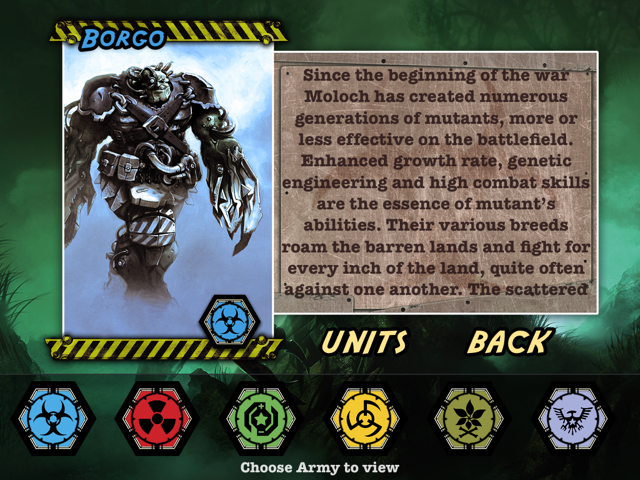

At first glance, LIMBO is an enchanting but gloomy world, almost serene in its somber art style. There is no music, only the ambience of the environment. The haze in the background, smothering your distant surroundings, manages to lull you into a silent reverence for the experience so far, until you get chewed up by your first bear trap, and your maniacal giggling breaks the calm quiet of your room. These very first few moments do a magnificent job of giving the player a feel of what this game has in store for them, both visually and challenge-wise.
LIMBO, the obscure premiere title by independent Danish developer Playdead studios, is a monochromatic 2D puzzle-platform with a parkouring Indiana Jones in Mario World directed by Tim Burton kind of feel to it. It has no dialogue, no text, and no instructions; the player is plunged into the role of a young boy who wakes up in a gloomy and lifeless forest, whose only purpose needs no explanation: try to find a way out.
The puzzles in this game revolve around maneuvering around obstacles and unblocking paths as you press onward through a world full of things that are trying to kill you. In LIMBO, you will die a lot, and in many different and interesting ways. It is described by its developers as a die-and-try puzzle game, where the player’s death serves as the lesson in understanding the boobytraps and how to get around them. These puzzles manage to continually test you in new and creative ways across nearly the entire game, which is a rarity to this genre; it’s all too common for a game to recycle its mechanics to lengthen the gameplay, spreading a few minutes of great fun across a half hour. Here, even the classic practice of return trips through the same part of the map are sometimes two completely different sets of puzzles! There is also an astonishing balance in the difficulty of the trials; they can and will utterly baffle you at times, but are rarely impossible to figure out with a little can-do attitude and some persistence. This, coming from a truly terrible puzzle player; I intensely admire how this game can really flex those neurons without inducing hair-ripping frustration.
An extremely rich set of mechanics intermingle with minimalist player controls, and somehow that marriage works beyond beautifully. You traverse the world with only your direction pad and a single interaction key, but are able to get around in ways the Atari could only dream of: not only by running and jumping, but also climbing ladders and ropes, swinging from chains, riding boats and minecarts, catching the legs of a giant flying bug, and the list goes on. The coders at Playdead push the borders of what is possible with these nominal controls by giving the player a huge variety of movement experiences.
But not only are the puzzles and mechanics fantastic, there are some wacky and clever moments sprinkled across the game – moments of “oh cr*p!” and then “haha awesome!”, like pretty much every interaction you have with the giant spider, including killing it.
LIMBO is an extraordinary achievement, especially for a first title, masterfully combining minimalist simplicity with ingenious originality in ways that are the stuff of dreams for a development team. The game is full of uncommon little contrasts with profound impacts: absence of music filled in with atmospheric noise, sometimes even in the form of timing cues; modest controls matched with an immaculate physics engine; a cutesy fairy tale feel in a land of nightmares; and a wordless story with one of the most feelz-inducing endings you will ever live to see. I’d not have changed, nor asked to change a single thing.
How many ways can you die in LIMBO? You tell me. I won’t spoil the fun of counting them yourself.




 LINE Hidden Catch Cheats & Hack for Gems - AppGameCheats.com
LINE Hidden Catch Cheats & Hack for Gems - AppGameCheats.com Icon Pop Mania Answers Level 4
Icon Pop Mania Answers Level 4 4 Pics Find The Odd One Answers All Levels
4 Pics Find The Odd One Answers All Levels Big Time Gangsta Cheats & Hack for Money, Credits & Experience - AppGameCheats.com
Big Time Gangsta Cheats & Hack for Money, Credits & Experience - AppGameCheats.com 100 Pics Capital Cities Pack Levels 1-100 Answers
100 Pics Capital Cities Pack Levels 1-100 Answers